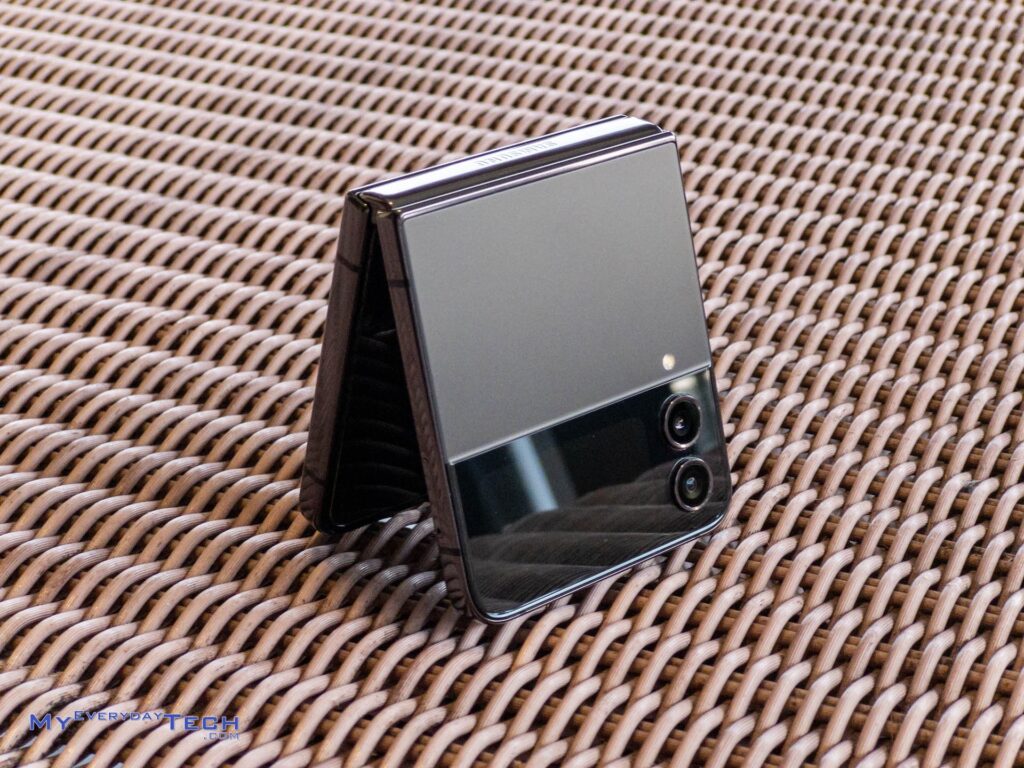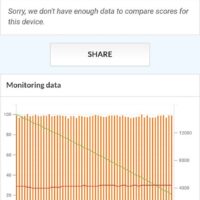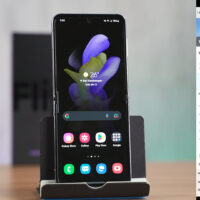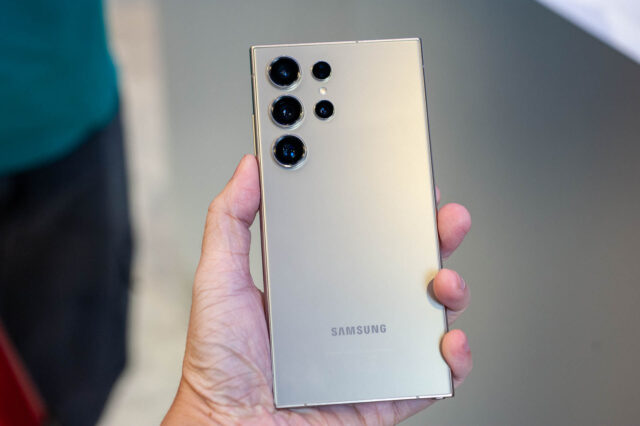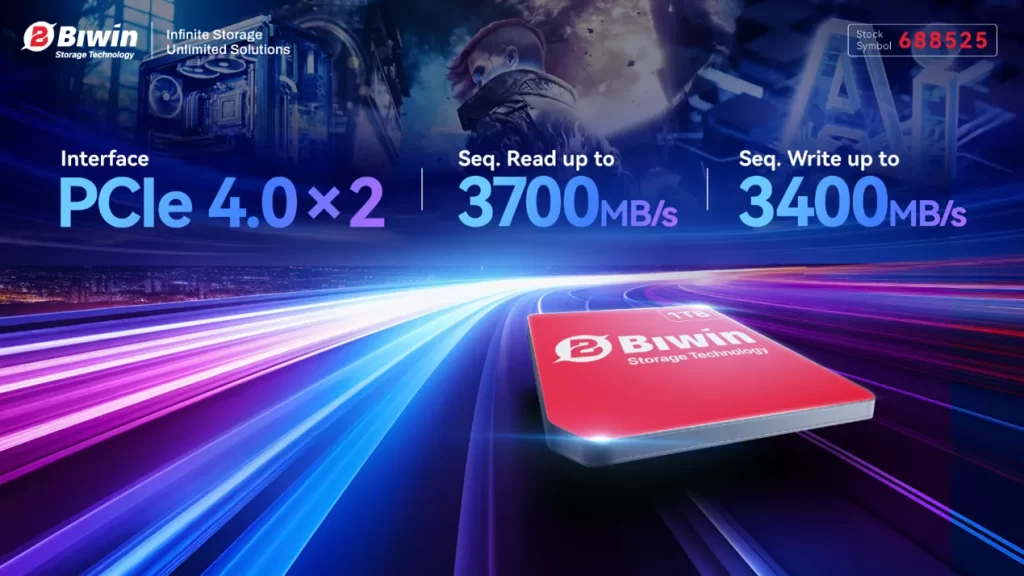How Samsung Improved The Galaxy Z Flip4 Battery Life
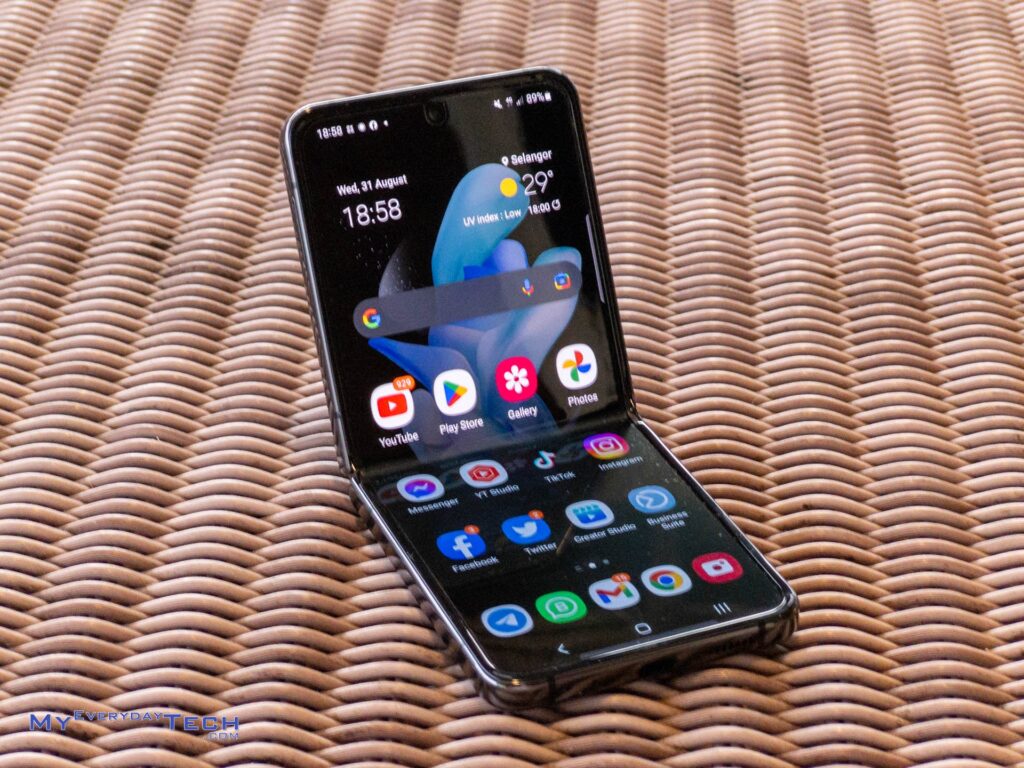
The Samsung Galaxy Z Flip4 is the most powerful compact foldable smartphone you can buy today. You’re getting a foldable device with the latest Qualcomm Snapdragon 8+ Gen1 chip and a 6.7inch 120Hz Dynamic AMOLED 2X display.
Naturally, all those high-performance components draw a lot of power; some have been sceptical of the battery life. I won’t blame you if you’re worried about it since we all rely on our smartphones to get things done.
Essentially, Samsung has implemented a couple of changes on the Galaxy Z Flip4 to further enhance the user experience – a bigger battery, faster charging and power efficient system-on-a-chip.
Bigger battery
This goes without saying, the easiest way to increase a device’s battery life is by increasing the battery capacity. Unless they can pack a higher capacity battery in a smaller package, the main challenge has always being the available space in the phone chassis. This task is even more challenging since a portion of the phone’s chassis is taken up by the hinge mechanism.
Samsung manages to increase the Galaxy Z Flip4’s battery capacity to 3700mAh, a 400mAh or 12% capacity increase from the Z Flip3’s 3300mAh without significantly affecting the form factor and weight. This change alone makes the Z Flip4 much more versatile and reliable.
Faster charging
One of our major complaints in our last year’s Galaxy Z Flip3 review was the slow charging speed. Even though the previous generation packs a smaller 3300mAh battery, the 15W wired charging will never do any justice to any modern smartphone.
This year, Samsung finally made the right choice by supporting their long-term fast charging speed at 25W. Before you start pointing at how some brands support over 100W fast charging, frankly speaking, most of them are not sustainable. They have tied to their own proprietary charging brick and risking the long-term damage to the battery health. Remember, faster charging generates more heat and heat is the number one enemy for battery health.
Instead of challenging the maximum fast charging speed, we should keep looking for the most efficient and balanced charging speed that charges your device quickly enough while keeping the battery health in check.
Power efficient System-on-a-Chip
Last but not least, no matter how big the battery capacity is, if the SoC is not efficient then it defeats the purpose of having a bigger battery and faster charging speed. The new Snapdragon 8+ Gen 1 introduced in mid 2022 is a high-end SoC for smartphones that replaces the Snapdragon 8 Gen 1.
The SoC is consists of one “Prime Core” ARM Cortex-X2 clocked up to 3.2GHz, three “Performance Cores” ARM Cortex-A710 clocked up to 2.5GHz, and four “Efficient Cores” ARM Cortex-A510 clocked up to 1.8GHz.
Manufactured by TSMC in 4nm process, it offers higher clocked CPU and GPU at a lower power consumption. As shown by the test on Golden Reviewer, while some of the benchmarks don’t really tell the full picture of the power efficiency, the overall package has achieved a balance between performance and efficiency.
End Result
All those changes has brought a whopping 20% battery life improvement over the previous generation Galaxy Z Flip3. The battery life test benchmark is reporting an additional battery life which will surely improve the overall phone usability. That’s why I’m happy to carry this phone as my daily driver. Judging from the thickness of the phone, I reckon Samsung can still make the phone slightly bulkier and fit in a bigger battery next year. I think no one would complain about it.
In case you missed out on our review, do check it out here.

